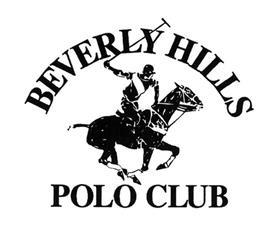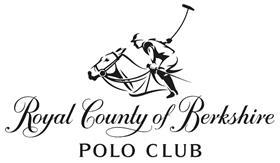A trade mark dispute between two polo clubs has been dismissed after a judge criticised a law firm’s preparation of the claimant’s evidence. The firm said it will appeal.
Claimants Lifestyle Equities C.V. and Lifestyle Licensing B.V. had argued there is a 'likelihood of confusion' in various countries between their mark for ‘Beverly Hills Polo Club’ and the sign for ‘Royal County of Berkshire Polo Club’. The court heard that of the ‘polo-themed’ clothing brands in the market, Beverly Hills is ranked No.3, with Ralph Lauren at No.1 and and US Polo Association is No.2.


Royal County of Berkshire Polo Club Limited and 10 other defendants had put forward evidence to show the claimants’ mark, sign and other ‘polo’ brands have continued to exist alongside each other in many countries around the world, the High Court heard.
Mr Justice Mellor found 'a number of problems with the evidence put before the court' on behalf of the claimants, who were represented by IP specialist firm Brandsmiths.
Marginal annotations, which referred to case documents, had been inserted into the witness statement of Lifestyle Licensing’s managing director Eli Haddad which went into the trial bundle, the judge said. 'A number of these marginal references were either inaccurate or positively misleading,' he added. 'More seriously, these marginal annotations were inserted by some unidentified person, presumably at the Cs’ solicitors, but without any consultation or discussion with Mr Haddad. This only became clear in the course of Mr Haddad’s cross-examination.'
'It was entirely inappropriate for these marginal annotations to be inserted in this way,' Mellor added. 'Their insertion and presence gave rise to a very substantial risk of the court being misled.' In the event this did not happen, the judge said, but that 'provides no excuse'.
Mellor also said a 2,927-page bundle entitled 'Claimants’ Other Disclosure Documents' was provided in which the documents were described in 'rather vague terms' in the index and a number of tabs provided no date information at all.
The judge said the title of that bundle suggested the claimants’ had simply put the remainder of the documents in it. 'Once again, that is not an appropriate way to proceed,' Mellor remarked.
The judge considered evidence of confusion between the claimants’ mark and the defendants’ sign in the UK, the EU, Panama, Mexico, Chile, Peru and the UAE. Overall, he was struck by 'how insubstantial the supposed evidence of confusion' between the brands was and dismissed the claimants’ action for infringement of registered trade mark, for passing off, and for conspiracy to injure by unlawful means.
However he made an order for revocations on the grounds of non-use of two UK registrations owned by the defendants.
A spokesperson for Brandsmith said: 'We note the judge’s comments, however, we disagree with them. Brandsmiths believe the witness evidence was produced in compliance with the new rules on evidence preparation and the spirit of them. Those rules have little judicial guidance on them at present. Given the judgment is likely to be subject to appeal, we do not propose commenting further.’
This article is now closed for comment.



























5 Readers' comments